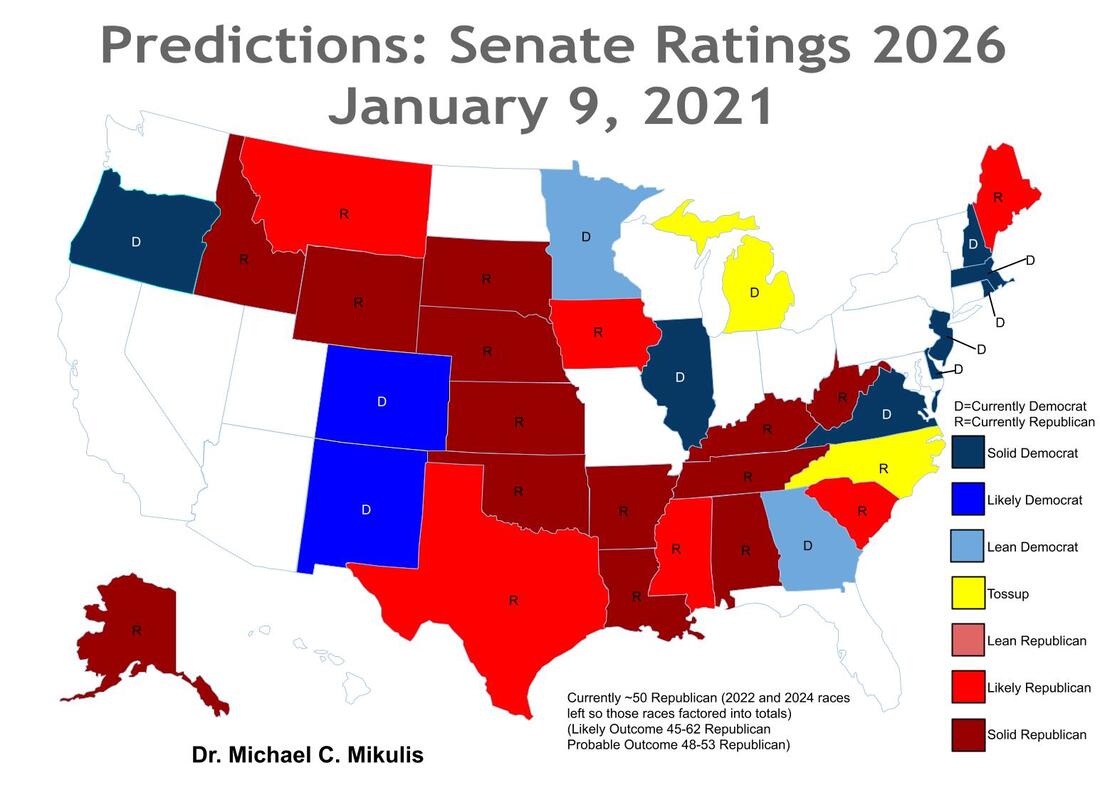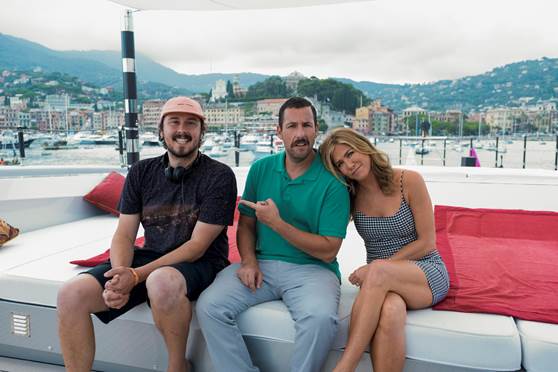Analyzing The Next Pope: Key Considerations And Potential Candidates

Table of Contents
Theological Considerations and Doctrinal Stances
The next Pope's theological leanings will profoundly shape the Church's direction. This involves examining both traditional doctrines and the ongoing dialogue surrounding modernization.
Emphasis on Traditional Doctrines vs. Modernization
- Conservatism vs. progressivism: The College of Cardinals encompasses a spectrum of views, from those firmly rooted in traditional interpretations of Catholic doctrine to those advocating for a more progressive approach.
- Key issues: Positions on women's ordination, LGBTQ+ rights, and clerical celibacy will be closely scrutinized. The interpretation and application of the Second Vatican Council's teachings remain a central point of debate.
- Impact of the Second Vatican Council: The Council's reforms continue to be interpreted and debated, influencing everything from liturgical practices to ecumenical relations. The next Pope's stance on Vatican II will significantly impact the Church's trajectory.
The theological landscape within the College of Cardinals is complex and nuanced. Understanding the various viewpoints and their historical context is essential for analyzing the potential candidates and predicting the future direction of the Church. Papal pronouncements on these key issues offer crucial insights into the prevailing theological currents.
Focus on Evangelization and Missionary Work
- Global reach: The Catholic Church is a global entity, facing both opportunities and challenges across diverse cultures and contexts.
- Challenges in the West: Declining attendance in Western nations necessitates innovative approaches to evangelization and engagement with secular societies.
- Missionary work in developing nations: The Church's missionary efforts in developing countries play a vital role in spreading the faith and providing social services.
- The Pope's role: The Pope's leadership is crucial in promoting faith worldwide and addressing the unique needs of different regions.
The next Pope's vision for evangelization and missionary work will significantly impact the Church's global presence and influence. Candidates with experience in international missions or pastoral work in diverse communities may be favored for their proven ability to connect with people from various backgrounds.
Geopolitical Factors and Global Leadership
The Pope's role extends far beyond the spiritual realm; he's a significant global leader navigating complex geopolitical landscapes.
Navigating International Relations and Diplomacy
- Global leadership: The Pope acts as a moral compass and advocate for peace and justice on the world stage.
- Interfaith dialogue: Building and maintaining positive relations with other world religions is crucial for fostering global understanding and cooperation.
- Responding to crises: The Pope's pronouncements on global conflicts and humanitarian crises carry significant weight, influencing international responses.
- Vatican diplomacy: The Vatican City State maintains diplomatic relations with numerous countries, wielding influence in international affairs.
The ability to navigate the complexities of international relations and diplomacy is a critical requirement for the next Pope. Their leadership will be tested by numerous global challenges, requiring diplomatic skill, moral clarity, and a commitment to peace.
Addressing Internal Challenges Within the Catholic Church
- The clerical sexual abuse crisis: This ongoing crisis demands decisive action and accountability.
- Financial transparency: Ensuring the responsible management of the Church's finances and assets is paramount.
- Internal divisions: Addressing internal divisions and fostering unity within the Church are critical.
- Ecumenical dialogue: Promoting dialogue and cooperation with other Christian denominations is a key aspect of the Pope's role.
The next Pope will inherit a Church facing significant internal challenges. Candidates with a proven track record in addressing complex institutional issues and fostering reconciliation will be highly valued.
Potential Candidates and Their Profiles
Analyzing the next Pope also involves examining the potential candidates. While predicting the outcome of a papal conclave is inherently speculative, several cardinals consistently emerge as potential successors. It is important to note that this is not an exhaustive list and many other cardinals could be considered.
Cardinal Profiles
- Cardinal [Name]: [Brief description including Theological Stance, Pastoral Experience, Geographical Origin, and Key Strengths/Weaknesses in the context of the papacy]. For example: Cardinal [Name], known for his progressive theological stances and extensive pastoral experience in Latin America, might prioritize social justice and interfaith dialogue. However, his views on certain doctrinal issues could alienate more conservative factions within the Church.
- Cardinal [Name]: [Repeat the above format for several other prominent cardinals]
Each candidate's background, theological viewpoints, and administrative experience need careful consideration. The ability to unite diverse factions within the Church and lead with both spiritual authority and political acumen will be crucial.
The Papal Election Process and its Implications
Understanding the mechanics of the papal election process is crucial to analyzing the next Pope.
The Conclave and its Procedures
The death or resignation of a Pope initiates a period of mourning and preparation for the conclave. Cardinal electors, under strict secrecy, gather in the Sistine Chapel to elect the next Pope through a series of ballots. The election concludes with the announcement of "Habemus Papam!" (We have a Pope!), followed by the new Pope's first public appearance.
Factors Influencing the Conclave
- Cardinal relationships: Personal connections and alliances between cardinals can significantly influence the voting process.
- Lobbying efforts: While officially discouraged, informal lobbying efforts by various factions within the Church may play a role.
- Regional representation: The geographic distribution of cardinals and their respective theological viewpoints can also shape the outcome.
- The Holy Spirit: Catholics believe the Holy Spirit guides the conclave, ensuring the election of the individual deemed best suited to lead the Church.
The secrecy surrounding the conclave makes predicting the outcome challenging, yet analyzing the factors influencing the electors' decisions is critical for understanding the dynamics of the election.
Conclusion
Analyzing the next Pope is a complex process requiring careful consideration of theological stances, geopolitical factors, and the profiles of potential candidates. The choice of the next successor to St. Peter will significantly shape the future direction of the Catholic Church for years to come. By understanding the key considerations outlined above, including theological stances, global leadership, and the intricacies of the papal election process itself, we can better comprehend this pivotal moment in Catholic history. Continue exploring the complexities of this significant event by further researching potential candidates and the process of papal election. Understanding the process of analyzing the next Pope is crucial for anyone interested in the future of the Catholic Church.

Featured Posts
-
 Payton Pritchards Journey From Childhood Dreams To Career Triumphs
May 12, 2025
Payton Pritchards Journey From Childhood Dreams To Career Triumphs
May 12, 2025 -
 Susan Collins Re Election Campaign A Preview Of The 2026 Senate Race
May 12, 2025
Susan Collins Re Election Campaign A Preview Of The 2026 Senate Race
May 12, 2025 -
 Is Aaron Judge A Future Hall Of Famer After 1 000 Games Played
May 12, 2025
Is Aaron Judge A Future Hall Of Famer After 1 000 Games Played
May 12, 2025 -
 Yankees Vs Giants Series Injured List Update April 11 13
May 12, 2025
Yankees Vs Giants Series Injured List Update April 11 13
May 12, 2025 -
 Jay Kelly I Nea Tainia Netflix Me Kloynei Kai Santler Poies Oi Pithanotites Gia Oskar
May 12, 2025
Jay Kelly I Nea Tainia Netflix Me Kloynei Kai Santler Poies Oi Pithanotites Gia Oskar
May 12, 2025
